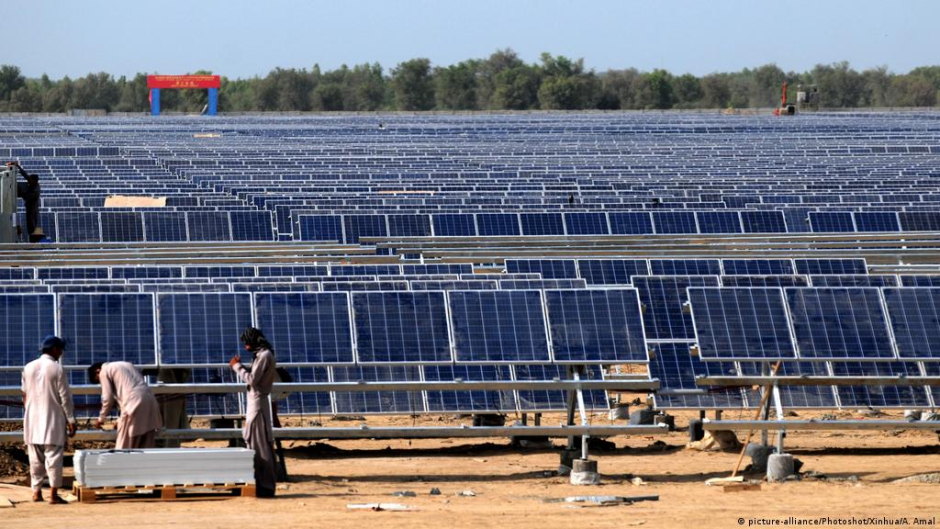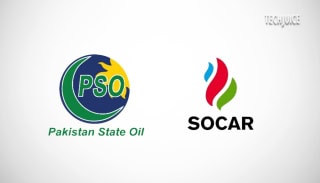As a result of the costly electricity being generated using imported fuel, the government plans to launch solar power projects of approximately 14,000 megawatts this year as part of an initiative that includes reduced prices for solar systems as well as tax incentives.
Prime Minister Shehbaz Sharif directed prioritizing the provision of solar systems in the province of Balochistan on Wednesday while presiding over a meeting to review measures for the promotion of solar energy in the country. He emphasized that solarization would help reduce the fuel import bill.
“In order to give the people an affordable alternative to the expensive energy that is created using the imported fuel, solar power generation equipment will be distributed to them. “The solarization would not only help lower the import bill for pricey gasoline, but it would also assist in the generation of power that is affordable and kind to the environment,” the prime minister stated.
The Prime Minister also issued an order to all of the relevant agencies, directing them to carry out detailed planning in order to expeditiously carry out the solar project. He advocated giving the province of Balochistan more priority in the distribution of solar power systems across the nation.
Earlier on in the conference, a briefing was given on the solar projects that were being considered as an alternative to expensive electricity projects. It has been reported that during the next several months, the government would undertake solarisation projects with a total capacity of around 14,000 megawatts.
During the meeting, the officials informed those present that the solar projects totaling around 9,000MW will be given priority for execution. They stated that under the terms of the plan, the solar power systems would not only be made available at lower rates but would also be eligible for tax credits.
According to the statements made by the PM, the alternative energy policy that was initiated in the year 2020 by the former Imran Khan-led government of PTI, failed not only to produce the results that were required but also to attract investment in the sector.
During the time that the PTI administration was in office, several power plant construction projects were put on hold, and the Prime Minister requested that an investigation panel produce a report on this matter as soon as possible. In addition to this, he demanded a comprehensive report on the amount of the fuel price adjustment that was applied to the monthly power bills.
Prior to this last year, the Sindh Solar Energy Project (SSEP), which is providing support for utility-scale solar power, distributed solar on and around public buildings, and provisions solar home systems to households with low or no grid access, had been granted financing in the amount of $100 million by the World Bank.
The National Transmission Modernisation Project (NTMP), which aims to increase the capacity and reliability of selected segments of Pakistan’s national transmission system and modernize key business processes in the country, also received a total of $425 million in financing from the World Bank. This amount of funding was part of the World Bank’s commitment to the NTMP.













